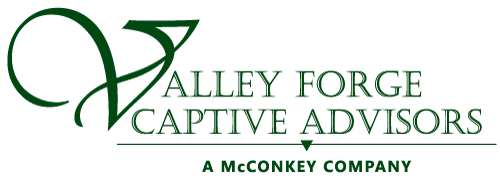
If you desire the freedom of a self-funded insurance plan but need a little more certainty for your budgeting concerns, level funding might be an option for you. Weigh the advantages and disadvantages and decide what’s best for your company.
What is a Self-funded Plan?
In a self-funded health plan, the employer assumes the risk and responsibility of medical claims instead of contracting with an insurance carrier to pay claims. The employer sets premium rates based on claims history and typically benefits from lower administration costs and greater flexibility both in plan design and cash flow within the business.
A self-funded plan may contract with a third-party administrator (TPA), but it is still a self-funded plan because the company is responsible for funding the claims payments. Stop-loss insurance can be obtained to pay for excessively high claims, but the employer is responsible for the majority of the costs, and the stop-loss insurance is simply a protection against extremely high, unpredictable claims.
Self-funded plans are not right for every company. One of the downsides to a self-funded plan is that the employer must pay out claims as they come in, leaving itself exposed to fluctuating expenses. Level funding is an option that can add predictability back into the equation if your company decides to implement a self-funded plan.
What is Level Funding?
Level funding is an option that can accompany a self-funded plan, aiding employers in their health coverage budgeting efforts. With level funding, employers pay a set amount each month to a carrier. This amount typically includes the cost of administrative and other fees and the maximum amount of expected claims based on underwriting projections, as well as embedded stop-loss insurance.
The carrier facilitating the level funding will pay your employees’ claims throughout the year. If your payments exceeded claims at the end of the year, you would receive a refund from the excess you paid in monthly claim allotments. If the claims exceeded what you paid into the program, your stop-loss insurance would cover the overage amount in most cases.
Advantages of Level Funding
Level funding offers several advantages. Like other self-funded plans, you don’t have to pay premiums that are based on community rates, which might be higher than your employee group’s risk. Instead, you only pay the actual claims and an additional administrative fee. Another benefit of level funding is that if all the money you set aside each month to cover claims is not used, you will receive a refund at the end of the year from the surplus, instead of paying expensive premiums for a fully insured plan and essentially using or losing that money. If you are already self-funded, you will enjoy a more budget-friendly monthly claims payment method, with stop-loss insurance to protect you from unexpectedly high costs.
Generally, the monetary advantages of level funding are that you can better manage your budget and prepare for claims costs. You will benefit from a smoother cash flow and not worrying that a high claim near the beginning of the year will impact your business.
